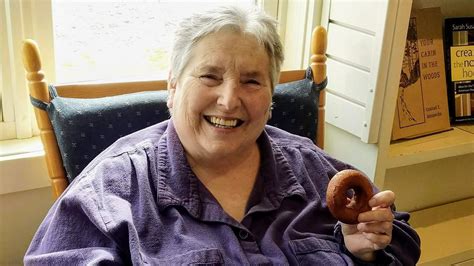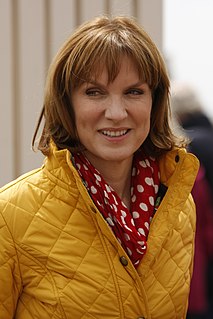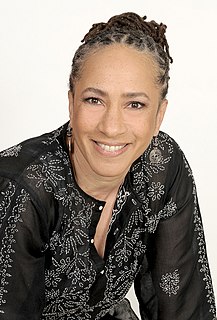A Quote by Dick Cavett
If your parents never had children, chances are... neither will you.
Related Quotes
What I have most learned from my son is to respect him and to love him unconditionally. I believe that if parents respect their children and educate them with love and justice (and not just with words, but with their own behavior) the relationship with their children will be wonderful. Then parents will always be proud of their children, and children will always be proud of their parents. There will be peace in the family, and the home will be a sanctuary.
All in all, the communally reared children of Israel are far from the emotional disasters that psychoanalytic theory predicted. Neither have they been saved from all personality problems, as the founders of the kibbutz movement had hoped when they freed children from their parents. In any reasonable environment, children seem to grow up to be themselves. There is no evidence that communal rearing with stimulating, caring adults is either the ruination or the salvation of children.
What could you do better for your children and your children's children than to record the story of your life, your triumphs over adversity, your recovery after a fall, your progress when all seemed black, your rejoicing when you had finally achieved? Some of what you write may be humdrum dates and places, but there will also be rich passages that will be quoted by your posterity.
Let's not forget: This all began when you had eight- and nine-year-old children writing graffiti on walls. Their parents were told: "You will never see them again. If you want to have children, go to your wife and make new ones." [Bashar] Assad's people rebelled. He crushed them brutally. But his military could not protect him. So he asked the Iranians to come in and help.
The teacher will never be a parent. The parents are the parents. But they have to engage in some sort of active education beyond just teaching mathematics and French and English because the kids spend more time there than they do with their parents at that age. We have to accept that other adults will be part of our children's education and they will have bad teachers. That's going to happen.
I've always assumed that my parents and my in-laws would live with me when I get older and have children. I just assume it will happen and that it's the right way to do things. It's a deeply Indian custom - that you kind of inherit your parents and your spouse's parents and you take care of them eventually.
The latest research on social mobility showed that there's a large aggregate decline in the U.S. in your chances of earning more than your parents. But I think where the story becomes more optimistic one is that there are pockets of America, where children from low-income families have significant chances of rising up in the income distribution. This finding of big geographic variation is an encouraging one because it shows that there are places where we see the American Dream thriving and we simply need to understand how can we replicate those successes elsewhere throughout the country.
Why had I been so afraid? I had not loved enough. I'd been busy, busy, so busy, preparing for life, while life floated by me, quiet and swift as a regatta...I had had all my time, all my chances. I could never do it again, never make it right. I had not loved enough...I had not passed up all my chances to give love or receive it, and I had the future, at least, to try to do better.


































